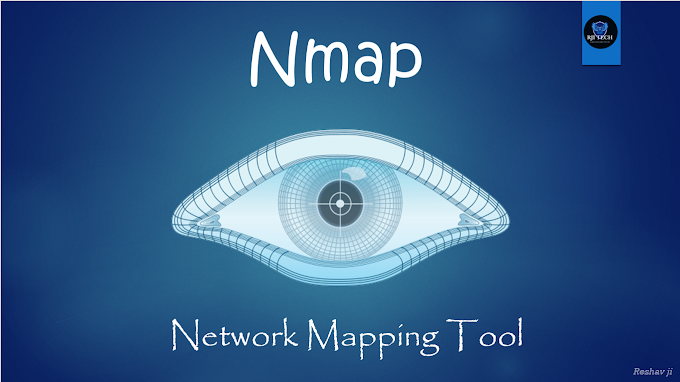
In a bid to fortify its users against the ever-evolving landscape of digital threats, Apple has recently amplified its documentation concerning its mercenary spyware threat notification system. This enhancement underscores the tech giant's commitment to user safety and security, particularly in the face of sophisticated state-sponsored attacks.
The revised documentation now explicitly states that users will receive alerts if they are believed to have been individually targeted by such attacks. Notably, Apple has called out entities like the NSO Group for their role in developing commercial surveillance tools, such as the notorious Pegasus, utilized by state actors to execute highly targeted and intricate attacks.
Apple's move to shine a spotlight on mercenary spyware attacks highlights the severity of the issue. Despite being deployed against a select few individuals, including journalists, activists, politicians, and diplomats, these attacks have far-reaching global implications. The exorbitant cost, intricate nature, and widespread reach of these attacks position them as some of the most advanced digital threats in existence today.

This update marks a significant departure from the previous wording, which primarily focused on state-sponsored attackers. Apple's proactive stance in issuing threat notifications underscores its dedication to safeguarding its user base against a myriad of digital adversaries.
According to reports from TechCrunch, Apple initiated threat notifications to iPhone users across 92 countries, coinciding with the revision to its support page. This widespread outreach serves as a testament to Apple's commitment to disseminating critical information to its user base.
It's imperative to note that Apple commenced sending threat notifications to users targeted by state-sponsored attackers since November 2021. However, the company refrains from attributing these attacks or resultant notifications to any specific threat actor or geographic location, maintaining a neutral stance in its documentation.
This development unfolds against the backdrop of concerted efforts by governments worldwide to combat the misuse and proliferation of commercial spyware. The recent collaboration between several nations, including Finland, Germany, Ireland, Japan, Poland, and South Korea, underscores the gravity of the situation. These countries have united to establish safeguards against the abuse of invasive surveillance technology, emphasizing the inherent risks posed to national security and individual safety.
Moreover, a recent report from Google's Threat Analysis Group (TAG) and Mandiant sheds light on the alarming prevalence of zero-day vulnerabilities exploited by commercial surveillance vendors in 2023. These vulnerabilities primarily targeted web browsers and mobile devices running Android and iOS, posing significant security risks.
Here are some questions that might come to mind:
Q. 1:- What prompted Apple to revise its documentation regarding its mercenary spyware threat notification system?
Ans: Apple revised its documentation to enhance user awareness and protection against sophisticated digital threats, particularly mercenary spyware attacks targeting individuals.
Q. 2:- Who are the primary targets of mercenary spyware attacks mentioned in the article?
Ans: Mercenary spyware attacks primarily target individuals such as journalists, activists, politicians, and diplomats, as highlighted by Apple.
Q. 3:- What is the significance of Apple's mention of companies like NSO Group in the context of spyware attacks?
Ans: Apple's mention of companies like NSO Group underscores the role of commercial surveillance tools, such as Pegasus, developed by these entities and used by state actors to execute highly targeted attacks.
Q. 4:- How does Apple's threat notification system differ from its previous approach?
Ans: Apple's enhanced threat notification system now alerts users when they may have been individually targeted by mercenary spyware attacks, representing a departure from its previous focus primarily on state-sponsored attackers.
Q. 5:- What actions has Apple taken to protect its users from state-sponsored attacks?
Ans: Since November 2021, Apple has been sending threat notifications to users believed to have been targeted by state-sponsored attackers, demonstrating its commitment to user safety.
Q.6:- What broader efforts are being undertaken globally to combat the misuse of commercial spyware?
Ans: Several countries, including Finland, Germany, Ireland, Japan, Poland, and South Korea, have collaborated to develop safeguards against the abuse of invasive surveillance technology, emphasizing the risks posed to national security and individual safety.
Q. 7:- What insights does the report from Google's Threat Analysis Group (TAG) and Mandiant provide regarding zero-day vulnerabilities?
Ans: The report highlights the prevalence of zero-day vulnerabilities exploited by commercial surveillance vendors, particularly targeting web browsers and mobile devices running Android and iOS, underscoring the need for enhanced security measures.
Google's observations highlight the escalating trend of threat actors leveraging zero-day vulnerabilities for evasion and persistence. This trend underscores the pressing need for heightened security measures and investments in exploit mitigations to thwart sophisticated cyber attacks.
In conclusion, Apple's proactive measures to enhance its spyware threat notification system represent a crucial step towards bolstering user protection in an increasingly digitized world. By raising awareness and fostering collaboration, stakeholders can collectively mitigate the risks posed by advanced digital threats, ensuring a safer online environment for all.








.gif)
